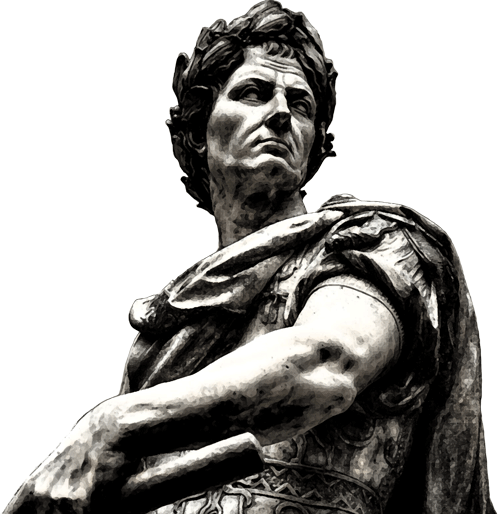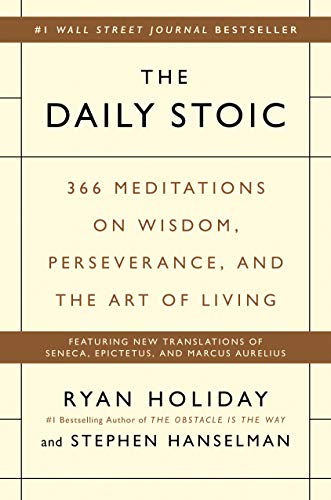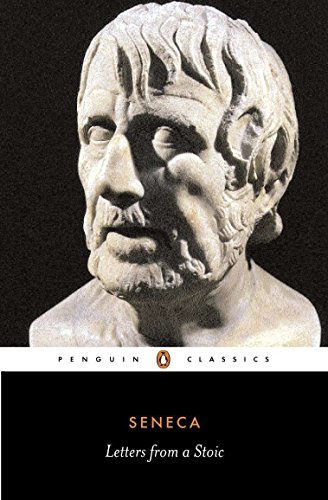
Know What You Control
Know What You Control
February 20th
“Some things are in our control and others not. Things in our control are opinion, pursuit, desire, aversion, and, in a word, whatever are our own actions. Things not in our control are body, property, reputation, command, and, in one word, whatever are not our actions. The things in our control are by nature free, unrestrained, unhindered. But those not in our control are weak, slavish, restrained, belonging to others. Remember, then, that if you suppose that things which are slavish by nature are also free, and that what belongs to others is your own, then you will be hindered. You will lament, you will be disturbed, and you will find fault both with gods and men.”
—Epictetus
Enchiridion
Epictetus lays out a fundamental Stoic principle here—the dichotomy of control. It's a simple yet powerful concept that tells us to recognize the difference between what we can control—our thoughts, intentions, and actions—and what we can't, such as our physical bodies, possessions, or others' opinions.
In life, we often struggle by attempting to assert control over the external—striving to protect our reputation, to command outcomes, or to own objects.
Epictetus warns us; this is a path to disappointment and turmoil. Have you been upset lately because someone didn't act the way you wanted, or because you lost something you thought was yours? Such disturbances are natural when we mistake the external, which is inherently unstable and owned by 'fate', for things we can truly control.
The key to internal freedom and peace of mind is distinguishing between the two realms—what is yours, and what is not.
Work to release your grip on the latter, and invest your effort where it really counts: your own choices and attitudes.



